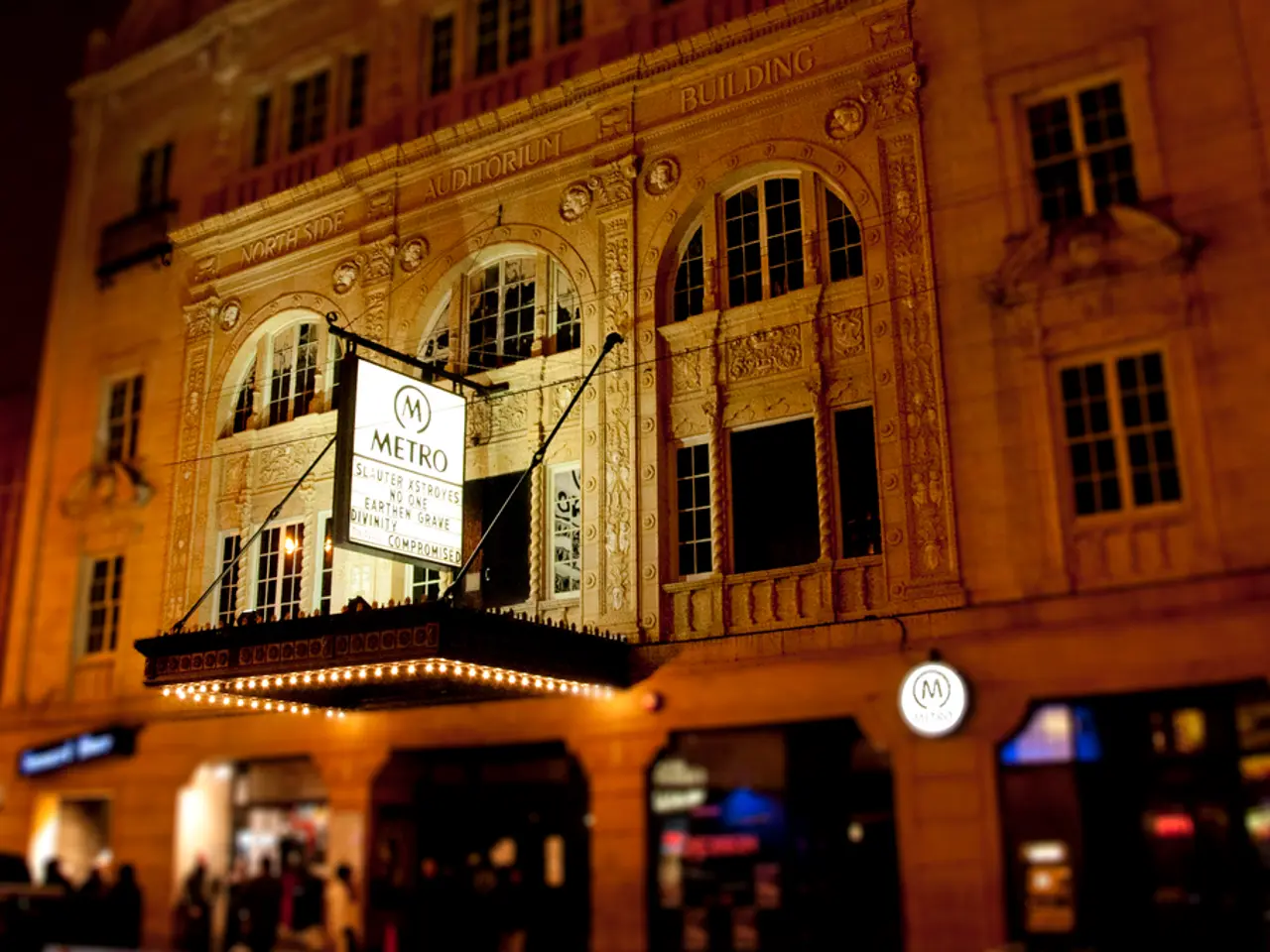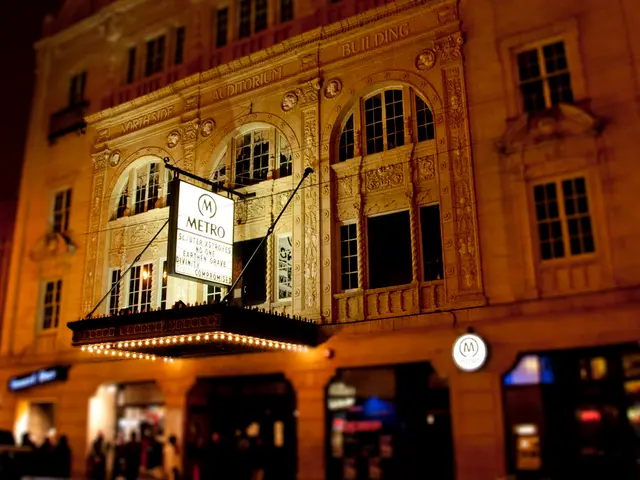Centennial Festivities and Display at Bremen City Hall for Gewoba
Celebrating a Century of Housing: Gewoba's Centennial
Gewoba, a pioneering housing company based in Bremen and Bremerhaven, recently celebrated its 100th anniversary. Founded in 1924 as "Gemeinnützige Wohnungsbaugemeinschaft der Freien Gewerkschaften für Bremen und Umgebung," Gewoba's primary focus was on creating affordable housing for workers' families and employees.
In the 1920s, the first major housing construction project was the "Gewerkschaftsblock" in Gröpelingen, built between 1924 and 1929. Over the subsequent decades, Gewoba significantly shaped the housing landscape in Bremen and Bremerhaven.
However, the 1980s brought a paradigm shift, with large settlements coming under criticism. During this time, Gewoba distanced itself from the economically declining Neue Heimat, a significant post-war public housing organization, which was accompanied by scandals. This liberation allowed Gewoba to focus on local housing management and development with a clear community-oriented mission.
The Bremen Senate acquired Gewoba's apartments and properties in 1987, marking a turning point for the better. Today, Gewoba is considered a modern housing company, actively engaged in meeting the needs of a growing city while being a pioneer in climate protection.
Gewoba's impact is evident in Bremen and Bremerhaven’s urban development and social housing. The company supports community projects through its foundation since 1999, aiding local schools and fostering social integration. Gewoba also invests in creating vibrant, livable neighborhoods beyond just providing housing, such as organizing community events, supporting cultural initiatives, and upgrading infrastructure like playgrounds and calisthenics facilities.
Looking to the future, Gewoba is engaged in sustainable urban development with ongoing housing construction projects and area revitalization. Projects like the Tabakquartier in Bremen-Woltmershausen illustrate a transformation from industrial past to modern mixed-use neighborhoods with housing, offices, cultural and leisure facilities, and innovative mobility concepts. Gewoba continues to invest significant funds into these developments and plans new housing units as part of these larger urban renewal efforts.
The anniversary exhibition commemorating the history of Gewoba is on display at the Lower Town Hall until October 12, 2024. Admission to the exhibition is free, and it can be visited from 10 am to 6 pm on weekdays and 10 am to 4 pm on Saturdays.
The centennial celebration was attended by Mayor Andreas Bovenschulte and Senator for Construction, Mobility, and Urban Development, Özlem Ünsal. Mayor Bovenschulte praised Gewoba for standing for lived solidarity, strong neighborhoods, and livable districts. Senator Ünsal emphasized that Gewoba has contributed to maintaining the social housing quota of 30 percent in new construction.
Gewoba's founding principle remains to create housing for all. Over the past century, the company has played a significant role in the post-World War II rebuilding of Bremen, with projects like the Garden City Vahr and the New Vahr creating thousands of new apartments in the 1950s. During the Nazi era, Gewoba had to adapt to political upheavals and was renamed twice, but still managed to create housing projects like the Focke-Wulf settlement in Hastedt for the workers in the armaments industry.
In the 1960s and 1970s, urban densification was a focus, with projects like the Osterholz-Tenever settlement and the Columbus Center shaping the cityscape. The Garden City Green Meadows in Bremerhaven became a nationwide model for numerous large settlements.
As Gewoba moves forward, it continues to be a vital part of Bremen and Bremerhaven’s development, actively investing in community life and sustainable urban futures.
Celebrating its centennial, Gewoba embarked on a journey of exploring home-and-garden initiatives, aligning their mission to cater to community living. This extension of their focus can be observed in their support for local schools and fostering social integration.
Gewoba's long-standing dedication to housing transcends beyond the construction of apartments; their lifestyle objectives include nurturing vibrant, livable neighborhoods, as demonstrated by their involvement in community events, cultural initiatives, and improvements to infrastructure like playgrounds and calisthenics facilities.




